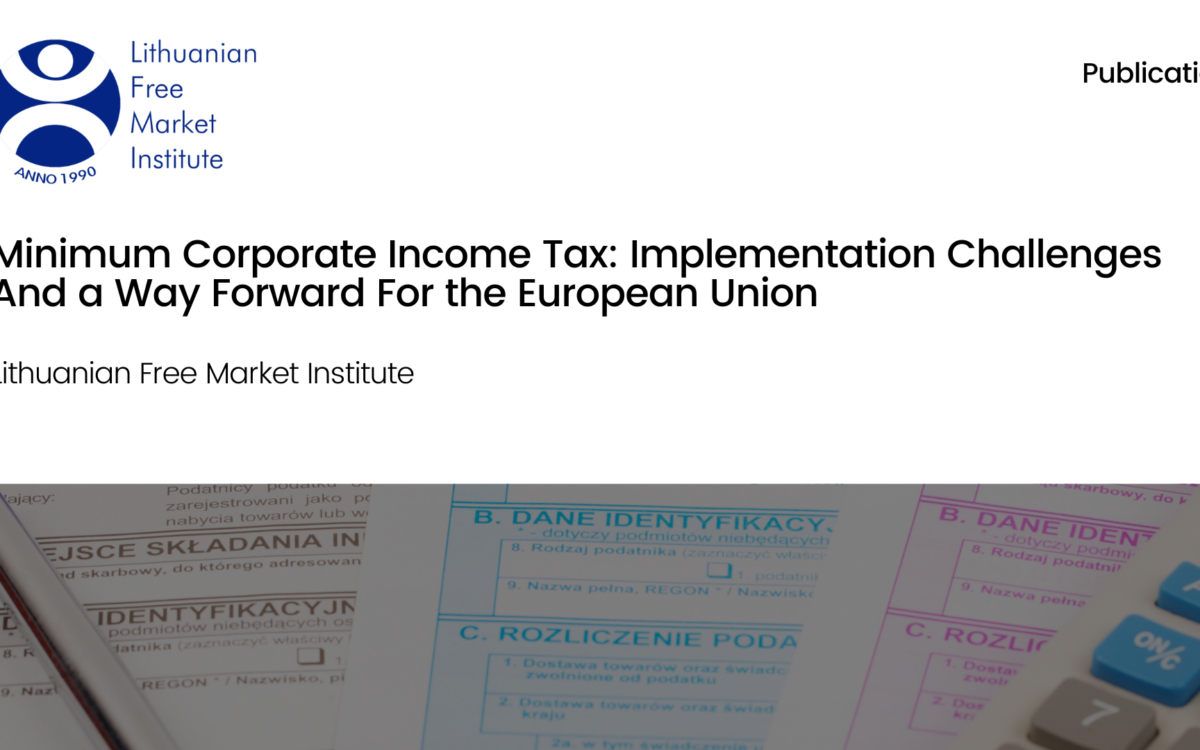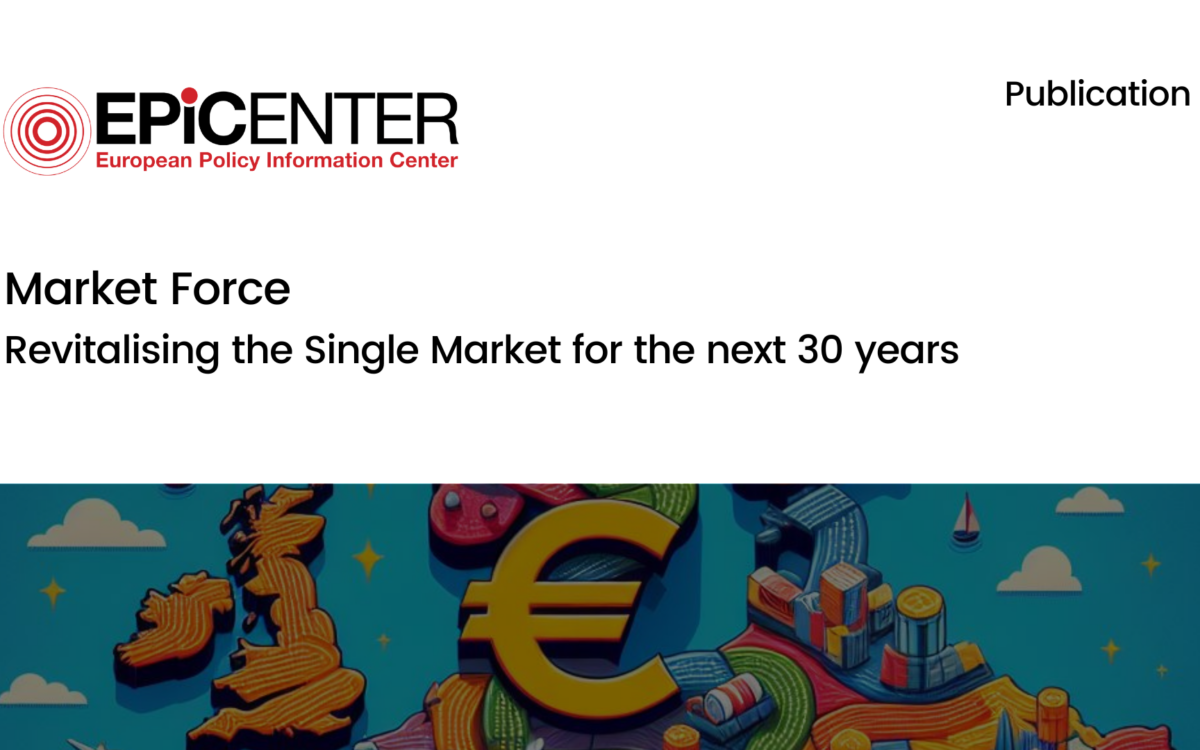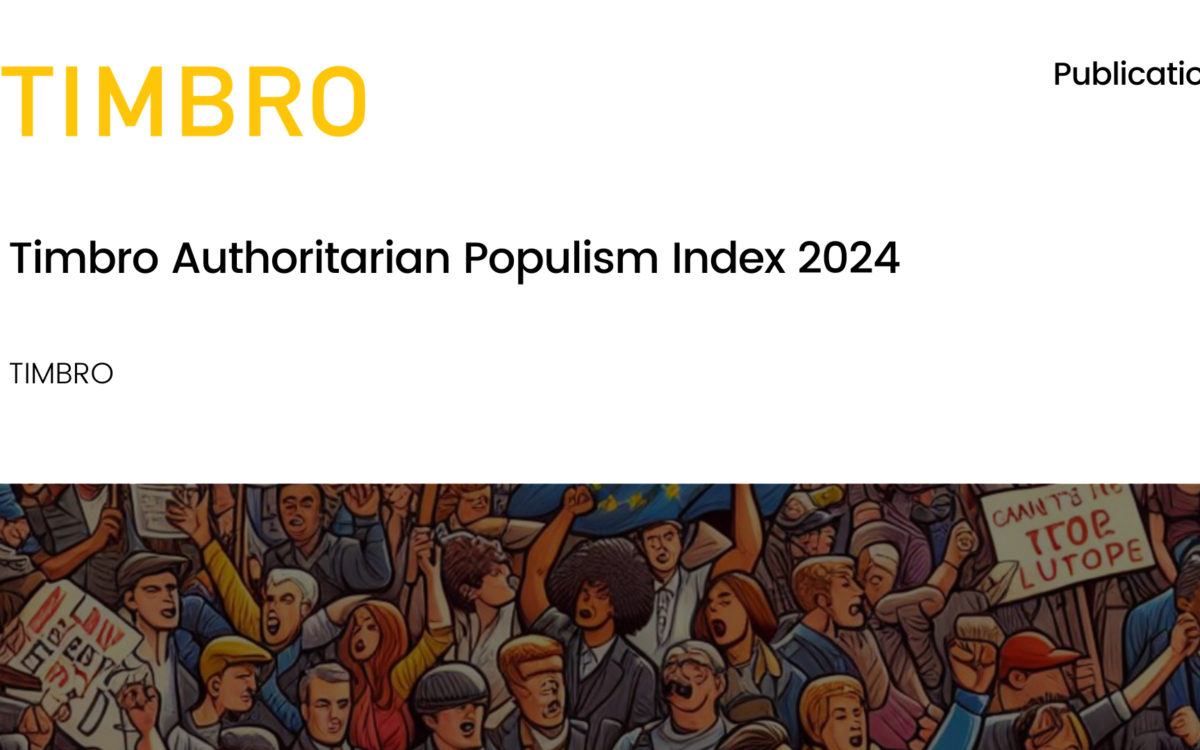Are Green Jobs Real Jobs? The Case of Italy

Are Green Jobs Real Jobs? The Case of Italy.
May 2010
The European Union has committed itself to increase the share of renewable energy up to 20% of the final consumption by 2020, from 9.2% in 2006 (EC 2009). The same political wave is mounting in several other countries, most notably the United States. The feeling that renewable energy sources (RES) should cover a higher share of energy production relies on two major arguments: (a) it is assumed that reliance on fossil fuels should be reduced, both for the sake of energy security and for climate-related reasons; and (b) investing in RES will spur economic growth and, in the post-recession world, will enhance economic recovery.
Download or share this publication
View the PDF
EPICENTER publications and contributions from our member think tanks are designed to promote the discussion of economic issues and the role of markets in solving economic and social problems. As with all EPICENTER publications, the views expressed here are those of the author and not EPICENTER or its member think tanks (which have no corporate view).



